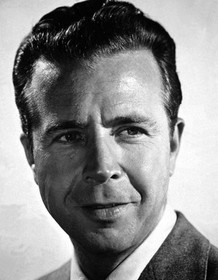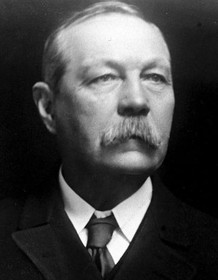Dick Powell
follow


A romantic singing lead in a number of musicals throughout the 1930s and 1940s, Dick Powell traded in his tenor voice and good guy image to take on a more hard-boiled persona following a career-transforming performance as Phillip Marlowe in the classic film noir "Murder, My Sweet" (1944). Prior to that film, Powell was a bankable star in several big screen extravaganzas like "Footlight Parade" (1933), "42nd Street" (1933) and "Dames (1934). Having worked many times with famed choreographer-director Busby Berkeley, the actor cemented his place as a go-to leading man in lighthearted musical comedies, along the way forming notable onscreen pairings with Ruby Keeler and Joan Blondell, the latter of whom he married in 1936. Despite his success in films like "Happiness Ahead" (1934), "Broadway Gondolier" (1935) and "Hollywood Hotel" (1937), Powell craved the opportunity to branch out into other roles. Preston Sturges gave him the lead in the Capra-esque screwball comedy "Christmas in July" (1940), but the actor remained unsatisfied. After unsuccessfully lobbying for the lead in "Double Indemnity" (1944), he landed the Marlowe role in "Murder, My Sweet" and propelled his career in an entirely new direction with bleak noirs like "Cornered" (1945), "Johnny O'Clock" (1947), "Pitfall" (1948) and "Cry Danger" (1951). Powell turned to directing in the mid-1950s, but found greater success as the president of Four Star Television. Though his life ended prematurely, Powell radically transformed his career through a combination of talent and sheer will.
Create Post
Post


How much you willing to pay
If power lunch with Dick Powell
Sure


Bid for lunch


Date





